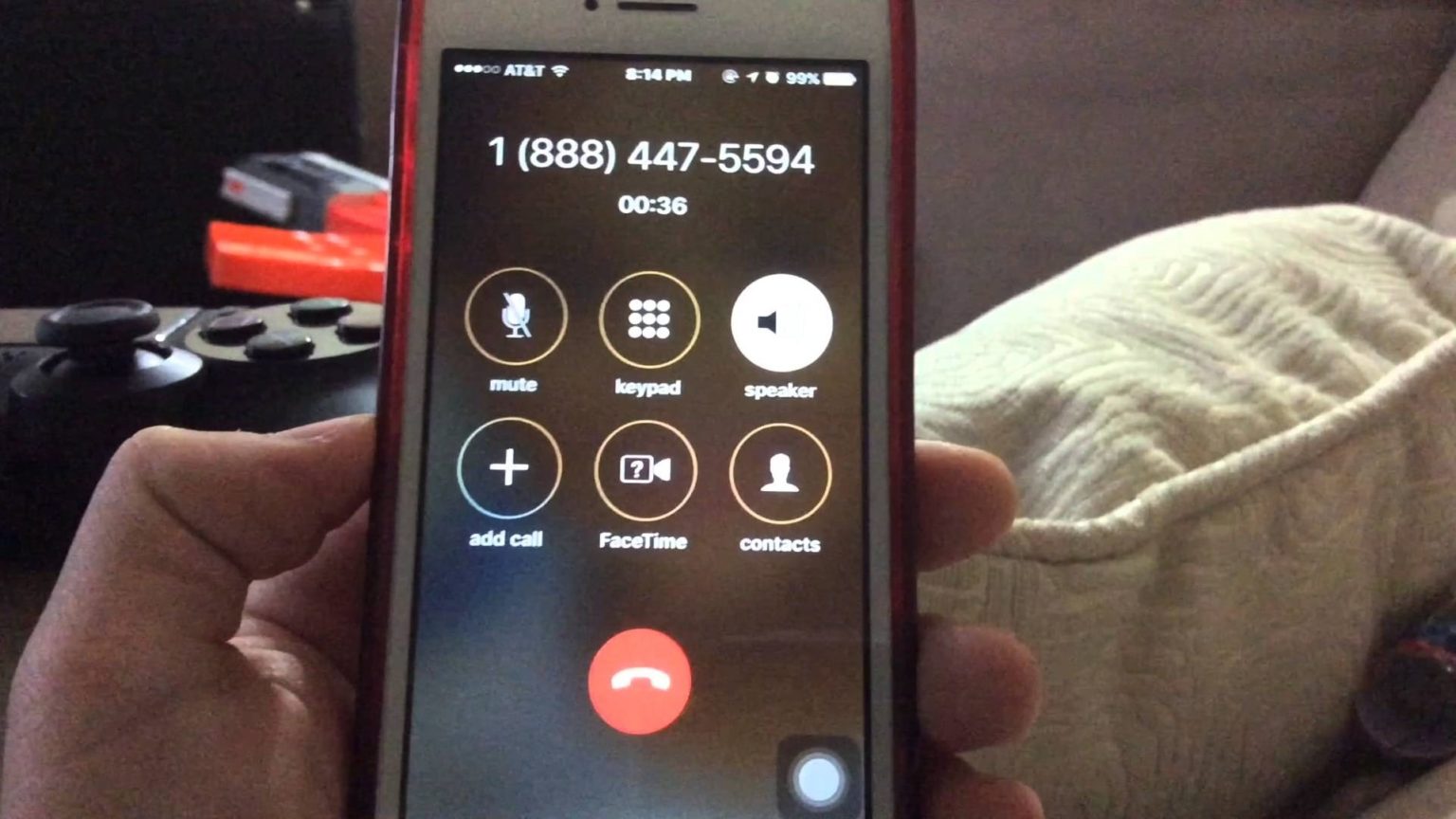A temporary phone number, often referred to as a disposable number, is a contact number that is usable for a specific period. They are widely used by individuals who require phone numbers for brief times, without the commitment of a long-term subscription. Temporary phone numbers are mostly connected to cloud-based systems, VoIP (Voice over Internet Protocol), and SIM cards designed to deliver this kind of service.
The critical advantage of using a temporary phone number is privacy protection. In the digital age, security threats have become rampant and more sophisticated than ever before. When you use your permanent temp phone numbers for various transactions online, you expose yourself to potential security risks such as identity theft, hacking, and phishing attacks. With a temporary contact number, your personal identifiable information remains secure. As soon as you are done with the temporary number, you can choose to discard it, limiting the chances of being tracked or targeted.

Another key feature of a temporary phone number is its practicability and convenience for online verifications. In most digital platforms, phone number verification is mandatory during the registration process. With a disposable phone number, you can bypass this process without sharing your personal number, ensuring a smooth and private verification process. Business professionals also utilize temporary numbers for online campaigns or advertisements, significantly when the campaigns are time-bound.
Additionally, temporary phone numbers come in handy during international travels. Regularly, people encounter high roaming charges when they use their standard phone numbers while travelling abroad. A temporary phone number solves this problem by allowing travellers to acquire a local number at their destination, eliminating extra charges and providing seamless communication.
On the downside, it’s worth noting that while temporary phone numbers offer specific advantages, they may spark concerns about accountability since they can be discarded at will. Therefore, they might be used maliciously, causing warranted apprehension amongst individuals and institutions who hesitate to engage with temporary contact numbers. As such, it’s advisable to use these numbers responsibly and ethically.
To conclude, temporary phone numbers offer a host of benefits, including privacy protection, convenience for verifications, and economical international communication. They provide a practical solution to modern digital communication challenges and play a significant role in shaping the future of communication. However, while leveraging these benefits, users should also be mindful of the potential misuse of these services and use them with utmost integrity.
